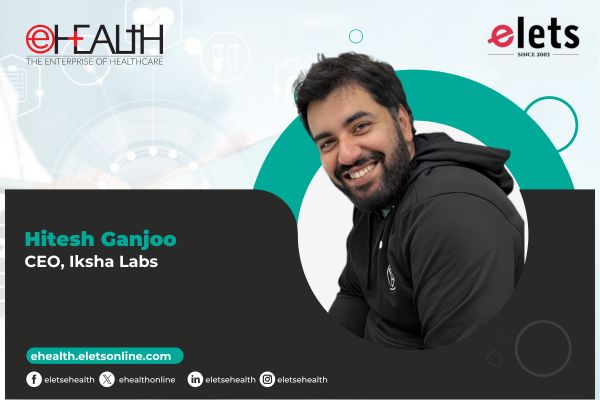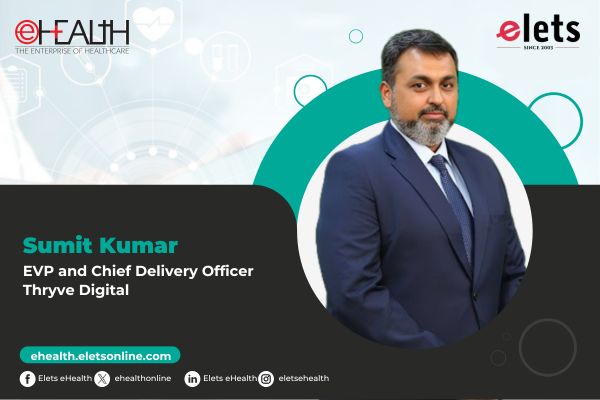
Medical education is experiencing a quiet revolution—one that’s not taking place in lecture theatres or textbooks, but with headsets and holograms. At the heart of this revolution are Mixed Reality (MR) AI Agents, a new generation of devices that combine the immersive depth of mixed reality with the flexibility of artificial intelligence. These technologies are not mere flashy gadgets; they’re revolutionising the way medical students interact with complicated content, rehearse clinical skills, and prepare for real-world situations. By combining digital simulations with the physical world, MR AI Agents are redefining what it means to learn medicine in the 21st century.
Learning Through Immersive Technology
Speaking of the perks of MR AI Agents, their ability to create attractive, interactive environments that students can use to engage with high-level content is quite fascinating. With mixed reality technology, old ways of getting knowledge, like reading books or attending classes, are over. Now, students can participate in the learning process by interacting with 3D models of the human body, carrying out virtual surgeries, and practising the procedures, still in a safe, virtual setting.

Consider Microsoft’s HoloLens; along with a partnership with CAE Healthcare, this technology is providing medical students with the opportunity to view and manipulate holographic anatomical structures in real time. With virtual visions of human anatomy through CAE Healthcare and Microsoft HoloLens, doctors will have the ability to practice installing cardiac devices or implants quickly and precisely before treating real patients. This type of learning isn’t just visually striking—it engenders confidence and competence, giving students the chance to learn from mistakes without real-world consequences.

Other technology, such as EchoPixel’s True 3D software, allows surgeons to engage with virtual models, which assist in the identification of anatomy of interest and enable them to utilize the platform’s depth information to enhance high-resolution medical images in real time. Not only does this push surgical planning forward, but it also allows clinicians to see results before stepping into the operating room by showcasing a wide array of image datasets to create anatomically correct, patient-specific 3D images. These tools improve the link between learning theory and practical application, hence making education more effective and meaningful.

Personalised and Adaptive Learning
While the promise of AI agents using mixed reality in healthcare education is exciting, there are certain key challenges and ethical concerns we cannot overlook. The biggest one is perhaps the risk of algorithmic bias, which could subtly produce uneven access to opportunities for learning. If the technology is not properly developed and implemented, it could very well end up reinforcing existing inequities instead of helping bridge them.

Cost is the other major aspect. Not all institutions can afford to implement top-of-the-line technologies such as MR AI Agents. Such an approach would end up causing an even wider gap between richer medical schools and less affluent schools, making it even more difficult for some students to receive equal levels of education. And then, of course, there is data privacy. These systems draw on gathering and analysing large databases of personal and medical information, so having that information be kept secure and private is completely vital. Medical education developers and instructors must collaborate extensively to create sound data protection measures—measures that protect the student data without hindering the technology from functioning effectively.
Also Read :- Revolutionary Healthcare Technologies
Addressing Challenges Responsibly
While MR AI Agents present promising advancements, significant challenges remain. Algorithmic bias poses a critical issue; AI-driven simulations must be trained on diverse datasets to avoid inadvertently reinforcing biases. Moreover, equity remains a pressing concern. Cutting-edge MR tools like HoloLens, costing upwards of $3,500 per unit, could widen the gap between well-funded and under-resourced institutions.
Data privacy also raises critical concerns. MR AI platforms depend on extensive data, often involving personal medical histories and students’ performance metrics. Ensuring data confidentiality requires stringent protocols, active collaboration among educators, technologists, and policymakers, and ongoing dialogue on best practices.
Charting the Path Forward
Despite these challenges, the future is clear. The global augmented and mixed reality market in education is projected to grow from $3.8 billion in 2023 to $14.2 billion by 2028, registering a CAGR of 29.6%. Educational institutions are increasingly investing in these technologies, recognising their potential to produce more effective, confident, and competent medical professionals.
Johns Hopkins University exemplifies this trend, pioneering virtual reality (VR) surgical training using immersive simulations with VR headsets and haptic feedback. Studies have shown that students trained with advanced VR systems perform surgeries 29% faster and with 40% fewer errors compared to traditional methods. Additionally, Johns Hopkins employs AI-driven personalised learning platforms that adapt content to individual learning styles, reducing the time required to master medical concepts by up to 30%. Collaboration with Envision Experience has further enabled immersive healthcare simulations, significantly improving students’ practical skills and confidence in a risk-free environment.
Realising Potential Responsibly
Mixed Reality AI Agents aren’t merely the future—they are rapidly becoming the present. Embracing this future responsibly necessitates addressing fundamental issues such as accessibility, bias, and data security immediately. Educational leaders, tech innovators, and medical professionals must collaborate to ensure MR technology enriches medical training equitably and ethically.
Views expressed by: Hitesh Ganjoo, CEO, Iksha Labs
Be a part of Elets Collaborative Initiatives. Join Us for Upcoming Events and explore business opportunities. Like us on Facebook , connect with us on LinkedIn and follow us on Twitter , Instagram.
"Exciting news! Elets technomedia is now on WhatsApp Channels Subscribe today by clicking the link and stay updated with the latest insights!" Click here!
















